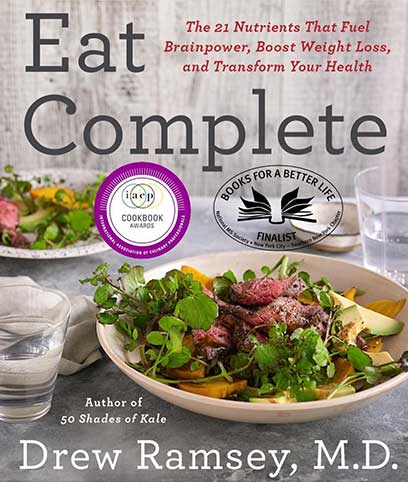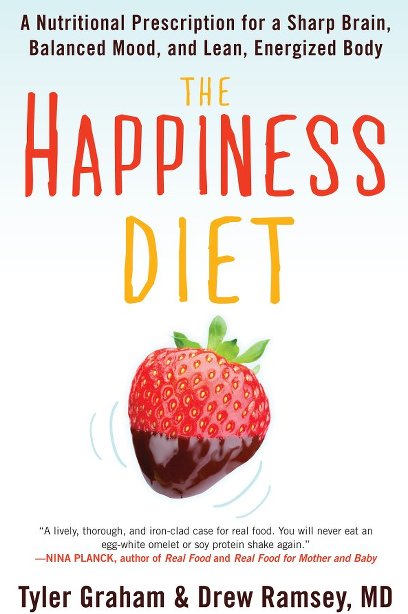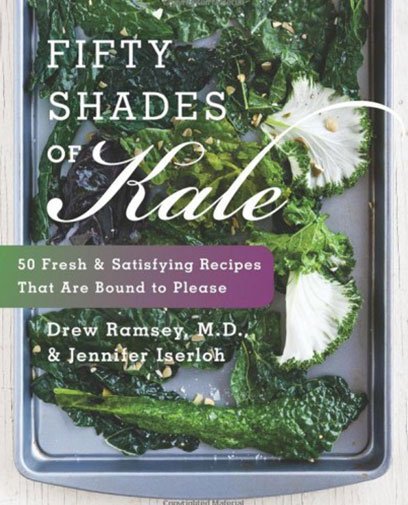Image courtesy Flickr/CherryPoint
Recent headlines were ablaze. The twittersphere buzzed. Now a whopping 11% of adults in the US take antidepressant medications. To put those numbers in perspective check out my post about it. But let’s review the health benefits of an antidepressant I think everyone should start taking: Exercise.
Exercise. Along with maximizing the brain food, exercise is a low cost, mostly side-effect free way to boost mood, decrease anxiety, and improve brain health. Exercise is even part of the American Psychiatric Institute’s guideline for treating clinical depression. Along with endorphins, another amazing effect of exercise on the brain is the increase in BDNF — brain derived neurotrophic factor. This stuff is the molecular equivalent of Miracle-Gro (I think credit goes to John Ratey, MD at Harvard, for the catchy metaphor).
I was reminded of this fact by this very nice post by Estelle Underwood, a personal trainer who struggled with depression. She shares the stories of several clients for whom the mood boosting effect of exercise is apparent and cites the 2011 study on Zoloft and exercise (abstract below) that demonstrated the power of exercise in easing the blues and preventing relapse. I hope this study can be replicated in a larger population, but hey, what great research in its own right. When a researcher puts a fact like this in the medical literature, it helps change what we say to patients and the recommendations we make. I often tell patients about this one. Many people I see in my practice try to take the path that Estelle does, exercise instead of medication, but end up needing medications to treat their depression. For them, I think of exercise as the “ultimate augmentation,” something we add to a medication to improve outcome. My clinical experience is that nearly everyone does better, meds or no meds, with some exercise.
Make it fun, playful, and regular.
Since we are on the subject of depression, I had to add in another abstract – this entry is a science twofer. And a reminder that while we should learn from studies, we can’t make too much of just one particular study.
When another set of researchers (Cochrane Database = illustrious, awesome, meta-analysis-crazed) pooled all of the data from 25 trials that explored exercise as a treatment of depression, they could not find a significant effect when they included the most rigorously designed trials. This is all to say try exercise, but if you are clinically depressed, you might need something more. Keep up the work out, but make sure to explore your other lifestyle modifications like diet and proven treatment options like psychotherapy, herbs, and medications that have ample data supporting their use for the treatment of depression.








